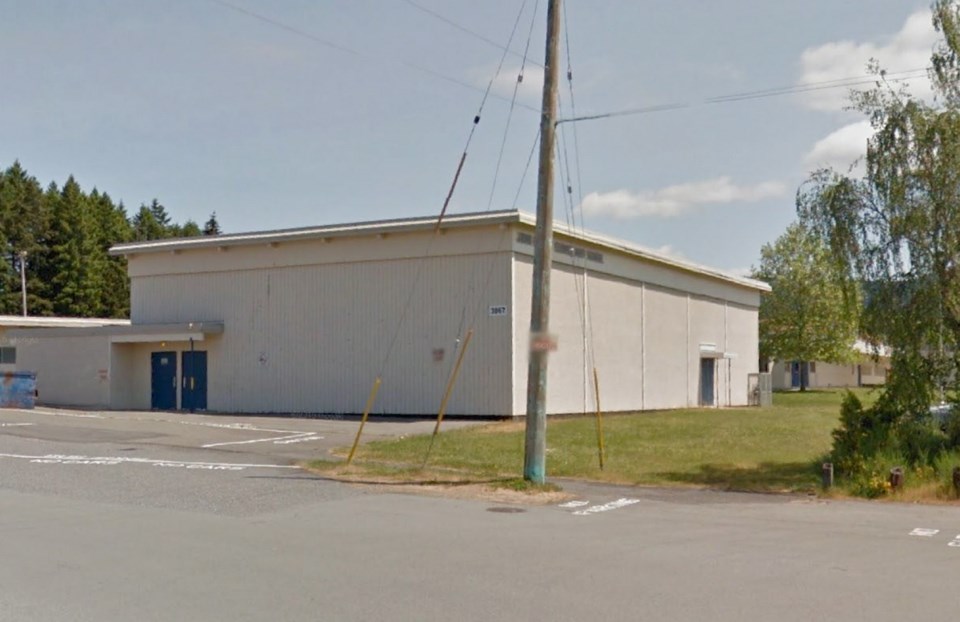A Port Alberni mother’s objection to a First Nations cleansing ceremony at her children’s school is sparking a debate about the line between religion and culture — and what’s appropriate in schools.
Candice Servatius filed a petition to B.C. Supreme Court alleging her children were required to take part in a First Nations ceremony at John Howitt Elementary School.
One ceremony asked participants to hold cedar branches for a cleansing ceremony or have smoke fanned over their “body and spirit.” On another day, Servatius said a prayer preceded a hoop dance, court documents say.
Servatius alleges that her daughter was told it would be rude not to participate.
The ceremony infringed on the right to religious freedom and the school district’s duty of religious neutrality, the documents say.
But First Nations leaders say there’s a difference between religion and culture. And introducing students to First Nations culture is vital to reconciliation.
Ken Watts, vice president of the Nuu-chah-nulth tribal council, said he hopes the school district and parents can reach a resolution without going to court.
“We can’t move forward in this year of reconciliation if a ban on our cultures is going to happen in schools,” he said. “It’s not a religion, it’s a way of life, and we’re hoping Canadians will grasp that and learn who we are.”
The tribal council does not support forced participation, he said.
“I can’t help but think of the thousands of Nuu-chah-nulth students who were forced to learn a religion [in residential schools]. That’s not what Nuu-chah-nulth culture is about. We’re not trying to force our culture or way of life on anybody.”
The tribal council has been building a stronger relationship with the school district as part of its efforts to revive First Nations culture, Watts said. One goal is to make teaching First Nations languages a course option, he said.
Incorporating education about First Nations culture was one of the priorities identified by the Truth and Reconciliation Commission.
Anglican Rev. Alastair McCollum said the difference between religion and culture is key. “I think one of the things that we tend to do in the school system, in the West in general, is we privilege white rationality. We have basically said this secular, mainly European way of learning is the only way to engage with education,” he said.
Parents should have the right to withdraw their children from what they perceive to be religious observance, McCollum said. But knowing where you come from requires more than colonial storylines.
Regional Chief Shane Gottfriedson of the B.C. Assembly of First Nations said Servatius’s concern just highlights the need for more education about First Nation cultures. “What has happened at this elementary school in Port Alberni highlights the work that still needs to be done to include and welcome everyone into the process of reconciliation” Gottfriedson said.
“We need everyone on board.”



